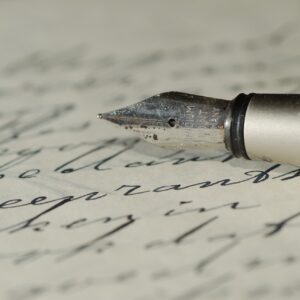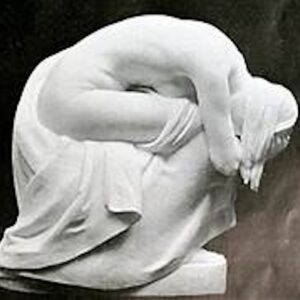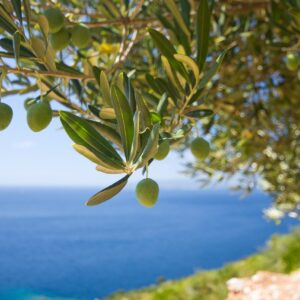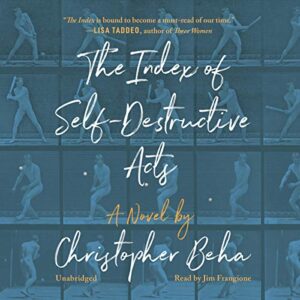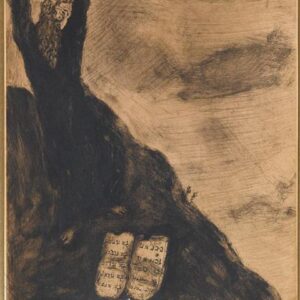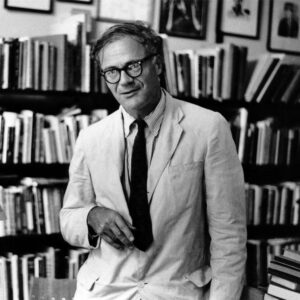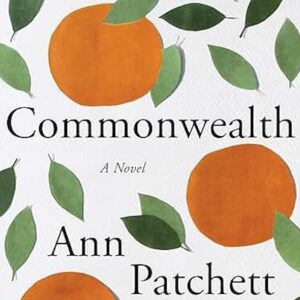
The Deep North
On this upcoming family camping trip, there are so many things I should be reading. But what do I want to read? It must be something best consumed in brief snippets. I may take a volume of R H Blyth’s haiku translations. But even that is too much in the way of commentary (brilliant though it is) when what I want is something pared down to essentials, something crystalline, elemental, vivid, this-worldly. The only narrative I’m interested in is that of travel in this world.


